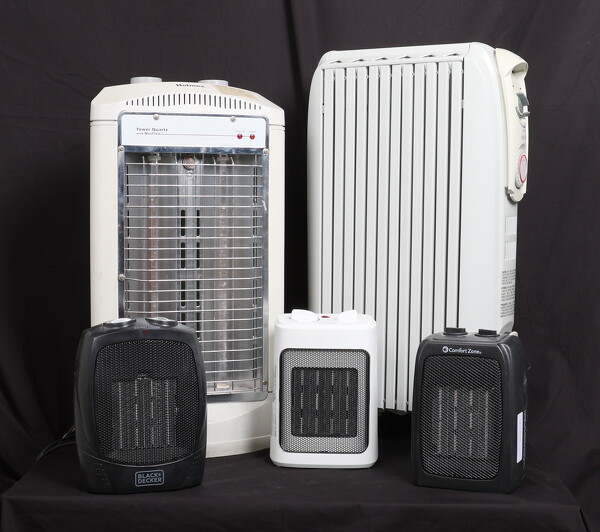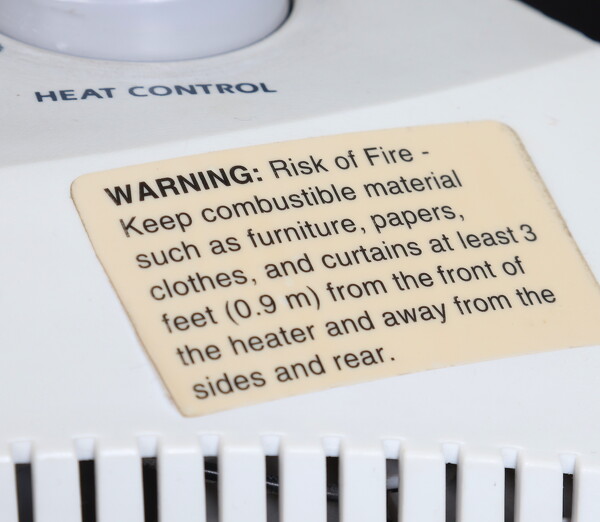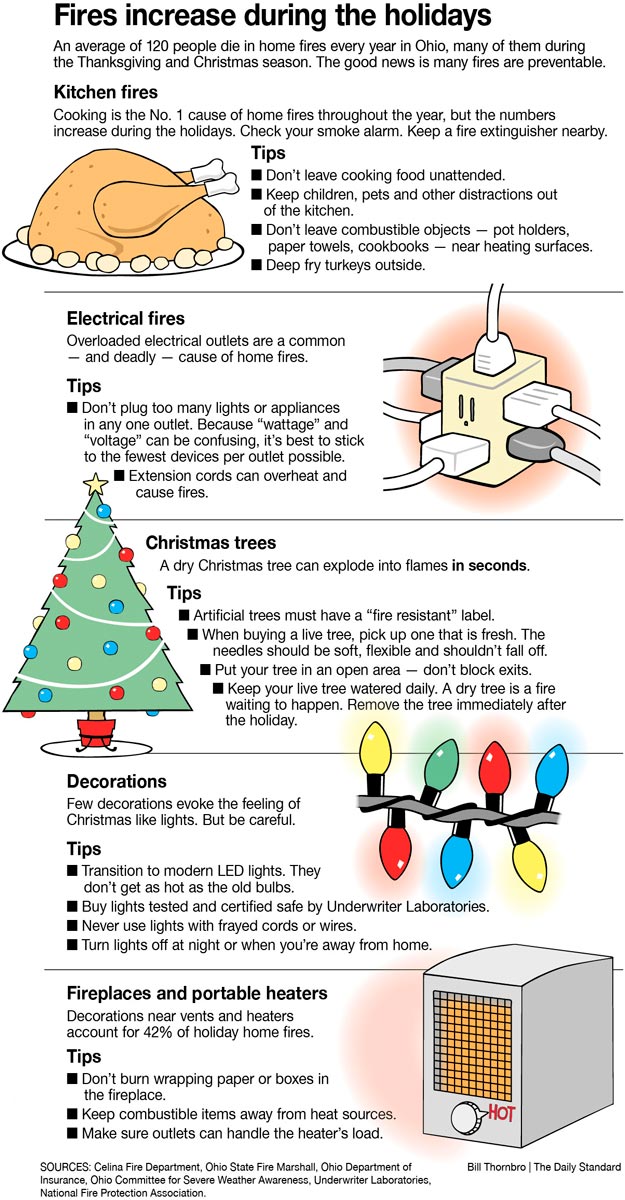
Ways to prevent fires in your home during the winter months include inspecting before use, turning off before leaving and maintaining a safe space around heat-producing appliances.
CELINA- With the cold weather here to stay for the next few months, it's important to understand the dos and don'ts of safely heating a home.
Thirty percent of all fires occur during the winter months from November through February, per a FEMA news release. These winter fires average 8,775 injuries, 1,910 deaths and $3 billion in property loss each year.
"It may be tempting to use alternative heating right now, but it is also important to do so safely," Ohio State Fire Marshal Kevin Reardon said in a news release. "The use of alternative heating sources can greatly increase the chance of a fire occurring. By following some basic safety tips, you can keep yourself and your family safe during this winter weather."
Residents can take steps to ensure their residences are safe from fires during the colder months.
First and foremost, heat-producing appliances, like space heaters, need space, Reardon told the newspaper.
"That's a great saying we have with space heaters," he said. "We don't want them near anything that's flammable or combustible. So that's why we say space heaters need space. They need to have safe space around them."
In general, it's best to keep anything that can burn at least 3 feet from all heat sources, per FEMA. This includes wooden stoves, fireplaces, radiators or candles.

Ways to prevent fires in your home during the winter months include inspecting before use, turning off before leaving and maintaining a safe space around heat-producing appliances.
In addition, only one heat-producing appliance should be plugged into an electrical outlet at a time, per FEMA. Also, turn off space heaters before sleeping or leaving the room.
No matter the season, it's never a bad idea to check in on heating and safety equipment in the home.
FEMA recommends people test their carbon monoxide detectors monthly and replace the backup battery at least once every year. Residents should maintain heating equipment by having them inspected annually by a qualified professional.
Whether a home is heated with an electric furnace or a gas furnace, Reardon recommends people get their furnaces checked yearly.
"It's those little small routine issues that become major issues probably on the coldest day of the year as luck would have it," he said. "But we recommend people just do routine maintenance. That helps a lot."
With fireplaces, Reardon recommends homeowners get their chimneys inspected at least annually.
"In older houses, the chimneys can get cracked, they can have problems inside the flue," he said. "They can lead to fires in the chimney itself, not in the fireplace. So we recommend a good cleaning every year, or at minimum an inspection of the chimney to see if there's any structural problem."
During any time of the year, residents should be prepared in case of a fire and have a fire escape plan that includes two ways out and a designated meeting place for family members once they're outside, per a state fire marshal news release.
In addition, homeowners should keep any fire hydrant near their home clear of snow, ice and debris for easy access.

An average of 120 people die in home fires every year in Ohio, many of them during the Thanksgiving and Christmas season. The good news is many fires are preventable.

